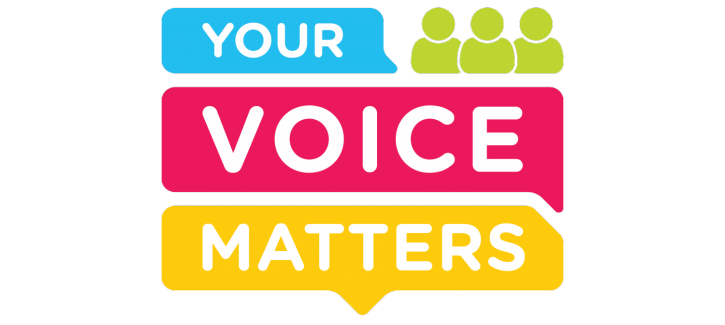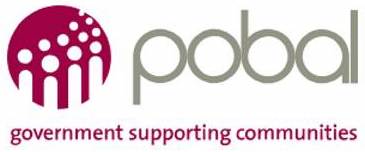
Your Voice Matters is being used in South East Community Healthcare (counties Carlow, Kilkenny, Tipperary South, Waterford and Wexford) to hear the experiences of people who use health and social care services in the area.
The information from Your Voice Matters will be used at a workshop in Kilkenny on the 22nd October 2018 to guide and influence the design and improvement of health and social care services. Health staff and patients / service users and carers are invited to this workshop. (Please contact yourvoicematters@hse.ie to book a place).
Your Voice Matters is particularly interested in hearing about the experiences of people living with chronic conditions, including COPD and asthma. The experiences can be about any or many parts of the health service including care at home, health support groups or rehabilitation groups, education programmes, GP, health centres or a hospital experience
What is Your Voice Matters?
An important way of improving the quality of health services is to listen to the people who use the services.
Your Voice Matters is one way of collecting and using the voices and experiences of patients, service users and their carers and families to design and improve health services across all healthcare settings.
The person completing Your Voice Matters writes about an experience they have had with the health service. It is an opportunity to highlight what matters and what is important to the people who use health services.
How can I be involved in Your Voice Matters?
- Complete Your Voice Matters online www.hse.ie/yourvoicematters
- Download a paper copy of Your Voice Matters from www.hse.ie/yourvoicematters and send it to: Patient Narratives, HSE, Longwood Room, 3rd Floor Stewarts Care, Dublin D20 HY57
- Order paper copies of Your Voice Matters and stamped return envelopes that can be kept at locations that people who use health services will attend on www.healthpromotion.ie ( register as a health professional and log in and search key word Your Voice Matters)
- Email yourvoicematters@hse.ie to request that a member of our team attend a meeting or location where people who use health services will be, and we can provide the opportunity for people to complete Your Voice Matters
How have the experiences shared through Your Voice Matters been used by health services?
- To strengthen the voice of people who use health services
The pilot of Your Voice Matters showed that it can be used as one way to systematically hear and use peoples’ lived experiences of health services to design and improve those services.
- Design Health Services
The information is used to design Integrated Care. The experiences of people will be used when designing services for older persons, children and people living with chronic conditions. These services include all healthcare settings and have a focus from prevention of illness to acute and end of life care.
The information was used as evidence of the types of services people use and need so that if possible they do not have to go to Emergency Departments in Hospitals.
- Improve Health Services
The information was used in two service improvement workshops for the Integrated Care Programme for Older Persons. The experiences of people in the local areas were used by the older persons, local community organisations and health staff that attended the workshops to keep the perspective of older persons at the heart of service improvements.
The value of a support programme in the local community for people living with the chronic condition COPD was identified using the Your Voice Matters information. A region which did not have a service was identified and now a small team are working to set up a support group.
- Train Healthcare Staff and Students
The lived experiences of people were requested for inclusion in the training of various health care professionals including doctors, staff working in end of life care and ambulance service staff.
The experiences of people who use health and social care services are powerful and important to improve the skills of people who provide the services.



